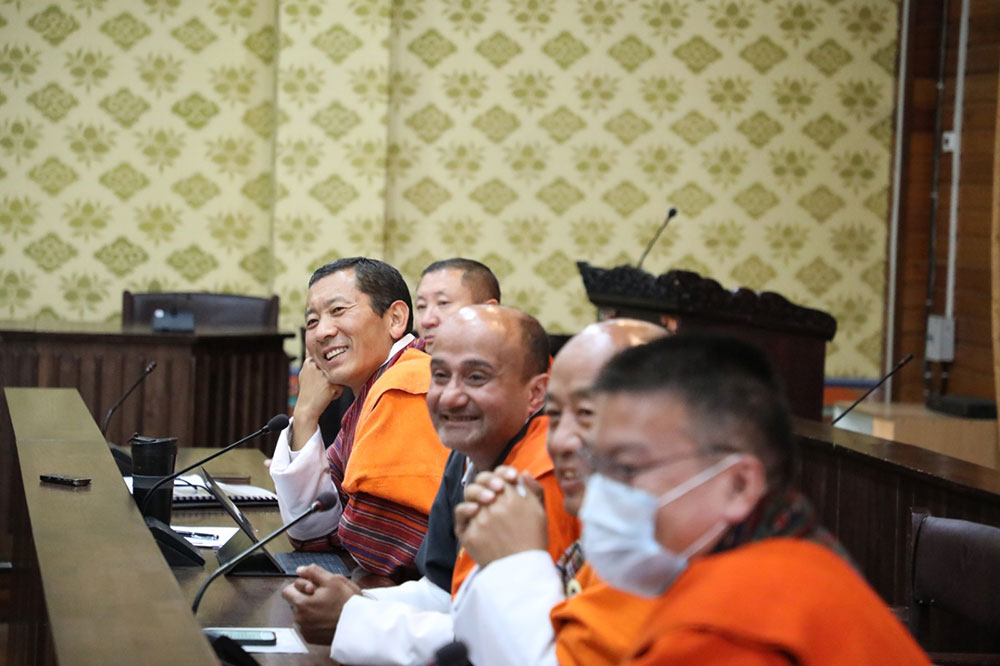Thukten Zangpo
To gain the special treatment offer from the World Trade Organisation (WTO) members, Bhutan will have to join the WTO before its graduation from the least developed countries (LDC) group in December this year.
“If we put an intent or expression of interest to join WTO before graduating from LDC, Bhutan will have an opportunity to benefit even after graduation,” the Minister of Industry, Commerce and Employment, Karma Dorji said during the meet the press yesterday. He added that there are about 14 benefits.
Prime Minister Dr Lotay Tshering said that the government is working on the final report being prepared by national and international experts. He added that an advisory committee will also be formed.
WTO members offer special treatment to LDCs. LDCs benefit from greater market access opportunities, flexibility in implementing WTO rules and assistance aimed at strengthening the capacity to trade.
The WTO members have also decided to further support LDC integration into global trade, including duty-free and quota-free market access for LDC products, preferential rules of origin guidelines, and decisions to facilitate the services trade from LDC.
Lyonpo Karma Dorji said that Bhutan is already a step closer to joining the WTO since the country trades with 105 countries. “Joining WTO will open markets with 164 member countries.”
Being a WTO member means that Bhutanese goods would have non-discretionary access to markets of other member countries. The country would also have the means to influence the formulation of new multilateral trade rules as the WTO is a forum for trade negotiations.
However, he said that bilateral trade agreements with India and Bangladesh and soon with Nepal and Thailand will be preferred over the WTO.
Lyonpo said that the biggest advantage Bhutan could have is that the country can attract more foreign direct investments because WTO provides stable principles and rules.
He added that as a WTO member country, Bhutan also has to comply with the standards for the export of goods.
“The government has earmarked about Nu 100 million (M) in the 13th five-year plan to meet the standards of the exported goods,” Lyonpo said.
As a member country, he also said that the country cannot ban the import of goods.
At the same time, the member country cannot impose tariffs on goods agreed upon earlier.
Tariffs are customs duties on merchandise imports. Tariffs give a price advantage to locally-produced goods over similar goods which are imported, and they raise revenue for governments.
Lyonpo said that the country cannot impose a customs duty of 19 percent and above for industrial goods and not above 41 percent for agriculture-related goods. “There is some protection for local agriculture and domestic production.”
He added that if Bhutan’s customs duty of 10 percent for third-country imports is reduced to 5 percent, the government will forego revenue of Nu 900M annually. The government earns Nu 1.8B from the customs duty.
Bhutan had completed a considerable level of technical work and reached an advanced stage in the WTO accession process by 2008 but the accession process was suspended in the same year as serious reservations, including over possible impacts on Gross National Happiness, were raised.
Bhutan was granted WTO observer status in April 1998 and an application for membership was submitted in September 1999. Bhutan’s Working Party was established on October 6, 1999, to facilitate the country’s accession.


